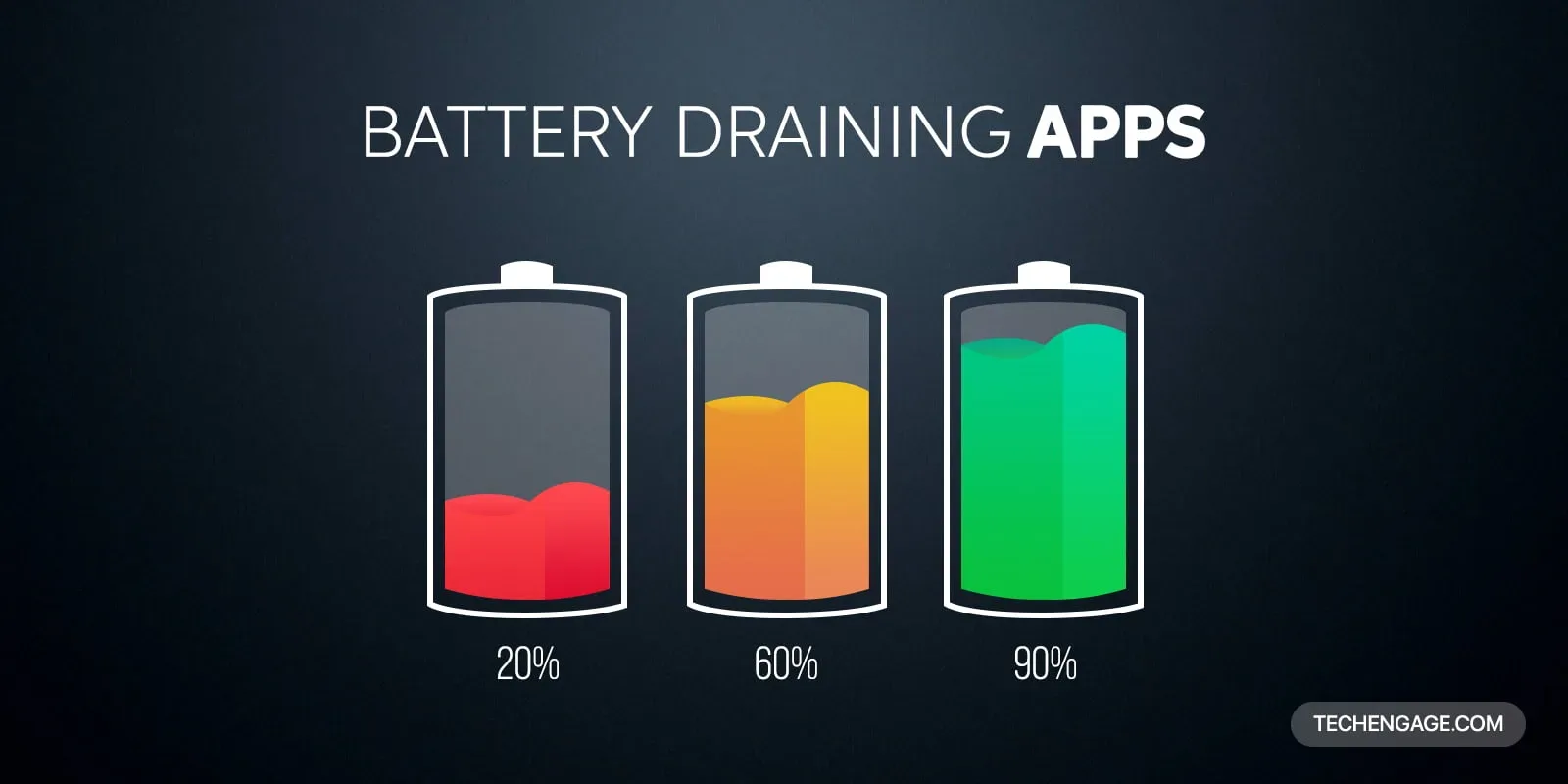As the owner of a small or medium-sized business (SMB), there are two things you probably know for sure about IT management:
- It’s critical for keeping your business running.
- It’s challenging and time-consuming.
You may not need the same kind of support and resources that a large enterprise requires, but you do need a reliable, secure, well-planned infrastructure. Without it, your company can’t reach its full potential or compete and grow as it should. And if your infrastructure isn’t designed for growth, you can quickly lose momentum — and customers.
Having a designated fully staffed IT team is expensive and out of reach for most SMBs. It’s more likely that you rely on a small IT team with members who wear many different hats. If your team is too small, it won’t be able to adequately manage all of your infrastructure’s IT systems — a failing that can leave some areas unprotected and vulnerable.
Many small businesses have a one-person IT department. That individual is trying to cover all of the bases but is, undoubtedly, stretched too thin to effectively do so. In an effort to keep up, they may take shortcuts that cause damage to the overall infrastructure, or they might overlook areas that open the door to security threats and vulnerabilities. The fact is, it’s impossible for one person or, oftentimes, even a small staff to provide all of the services needed to keep your IT infrastructure secure.
Small businesses face big IT challenges
Because of the many challenges of IT management, most SMB infrastructure environments aren’t as secure or organized as they should be. They’re often cluttered and may have holes in their security that, if found by hackers, could lead to a security breach. A February 2020 report from international cybersecurity company BullGuard found that 43% of SMBs don’t have a cybersecurity defense plan, making them easy targets for hackers.
If you have an IT crisis, do you know what you need to do? Do you have the resources to resolve it immediately? If you’re like most SMB owners, the answer is no.
Recent changes ushered in by the COVID-19 pandemic only add to the challenges. With more employees working remotely, businesses face bigger security threats. When employees connect their own computers to your virtual private network (VPN), they also are connecting your VPN to potentially harmful malware and viruses hidden on their personal devices. That, in turn, can open holes in your network security.
And then there’s the problem of helping remote workers with hardware or software problems. These may be simple to fix on-site, but they become more challenging when employees try to communicate with IT staff while working from home.
Even if you know you need better IT solutions, you might feel as if you can’t do anything about your current situation. You’re on a tight budget and simply can’t tap into any more resources. Fortunately, a solution is available — and it’s more affordable and effective than you might imagine.
What is an IT managed service provider?
If the idea of having a full-service IT department seems out of reach, you probably haven’t heard of MSPs (managed service providers). They are a 24/7 solution for both complex and routine IT infrastructure challenges. If you already have a full-time IT department, an MSP can take care of routine monitoring of your infrastructure and provide round-the-clock management — giving your IT staff time to focus on other projects and priorities.
MSPs appear to be the future of IT management, and the future is already here. IT MSPs are breaking the status quo of infrastructure management and giving SMBs the guidance they need to remain secure, competitive, and positioned for growth.
Here are five things an IT MSP can do to help your business:
1. Database and software management
Your database plays an important role in your company’s success — from keeping up with customers to increasing sales. You probably also depend on software such as Microsoft 365 or Salesforce to help you manage data, improve productivity, and connect with employees and vendors. All it takes is one hiccup in the software or problem in your database to bring your business to a sudden halt. An MSP will maintain your software and database to prevent problems before they occur. When problems do arise, an MSP can troubleshoot them quickly to get your business back on track.
2. Network management
Networks are a lot like children and puppies: If you don’t keep an eye on them, bad things could happen. It’s difficult for a small IT staff to provide the constant monitoring your network needs, and that monitoring requires extensive knowledge of many different aspects of the network — such as switches, access points, and firewalls. It’s hard to find all that expertise in one or two staffers, but an MSP will make sure all the bases are covered.
3. Hardware maintenance
Without proper hardware, your network, database, and software won’t do much good. An MSP will keep your hardware well maintained, preventing machines from going down. When there is a problem, they can handle the issue to keep it from sidelining employees.
4. Cloud management
If you’re not working in the cloud, you aren’t staying competitive in today’s business world. Regardless of what type of cloud technology you’re using, you need someone who can manage your current cloud environment while planning for your future. An MSP can handle that management and help you make smart decisions for your business based on the latest information.
5. Provide cybersecurity
Cybersecurity is one of the biggest issues that companies face. New cyber threats pop up almost every day as cybercriminals find new ways to infiltrate businesses and inflict lasting damage. Staying informed about the latest threats can be a full-time job in itself. An MSP will provide you with dedicated experts who stay on top of the latest threats and can take the necessary action to help keep your business from being victimized.
Had enough of the status quo?
IT management isn’t optional for SMBs. The question is: How good is your current IT management? It’s never too early to audit your current management and plan for the future, so be proactive.



